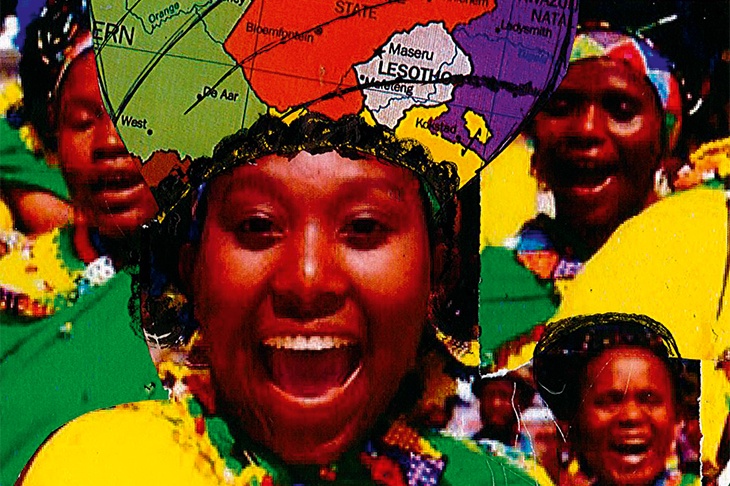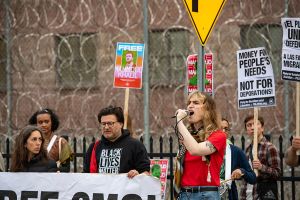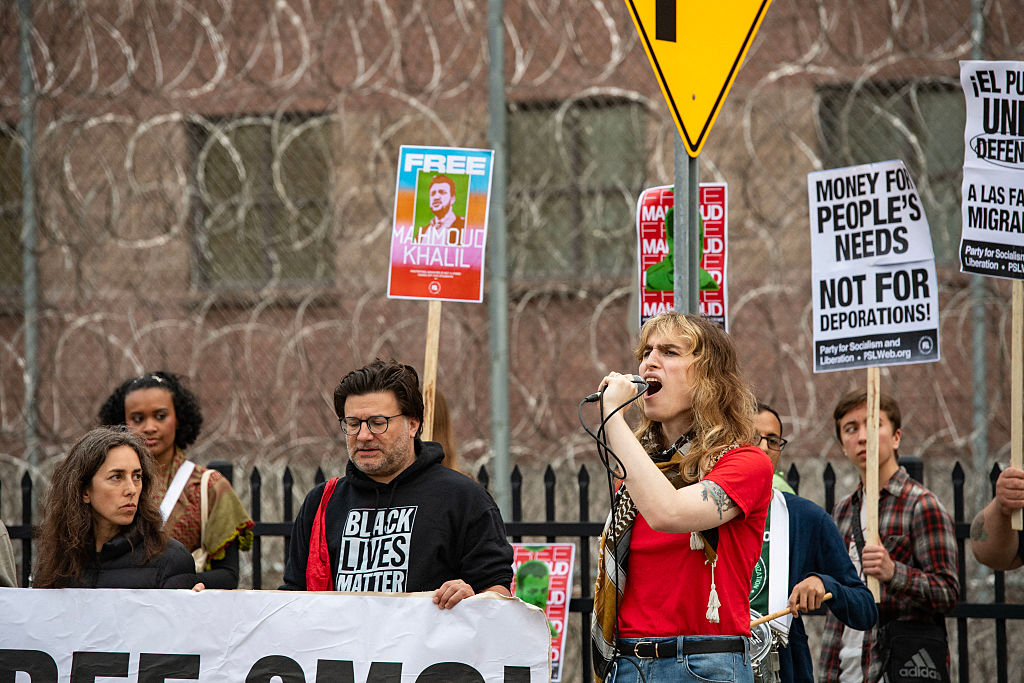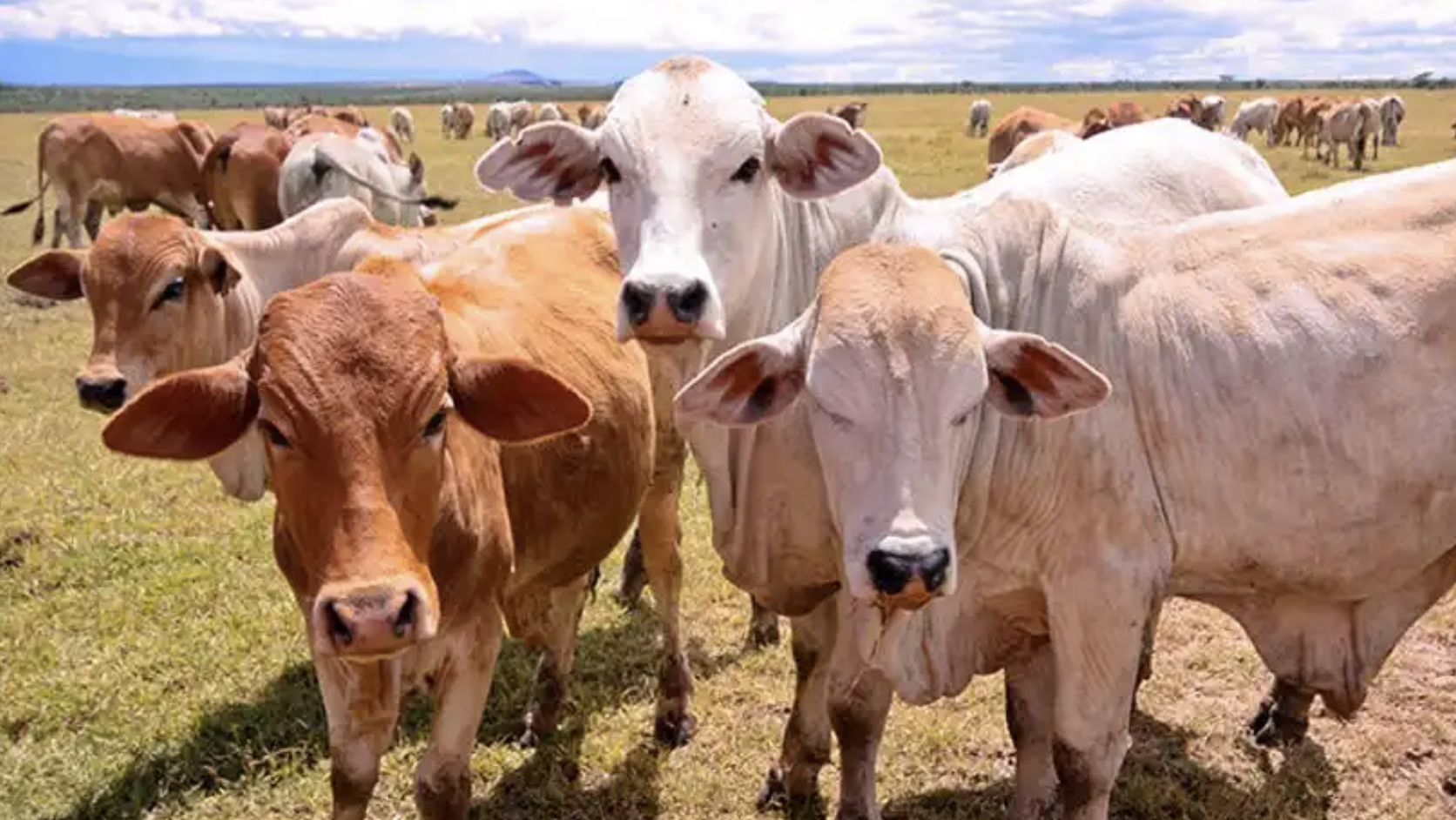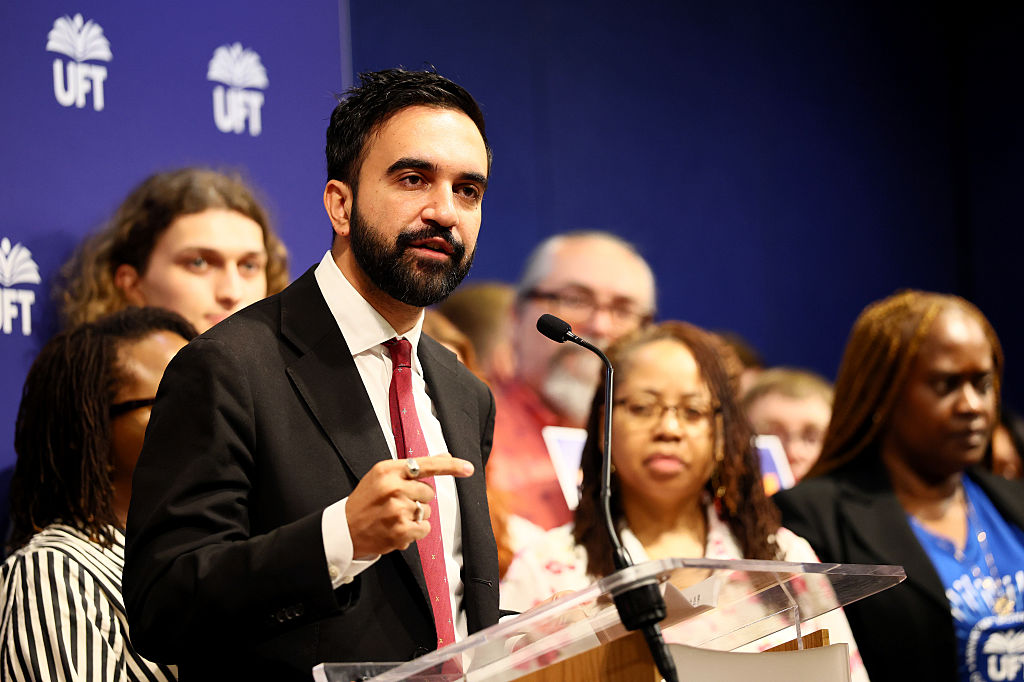In recent years, living in South Africa has been a bit like having cancer. The malaise eating us from within was corruption and there seemed to be no cure, which is why there was no dancing in the streets when our dreadful president, Jacob Zuma, was finally eased out of office on Valentine’s Day. For me, it felt as if the entire nation was hobbling out of hospital after a long and painful stay, almost too weak to walk, but very surprised and grateful to discover that it had somehow survived. So I didn’t dance in the streets. But I did spot a local ANC leader standing in the sun outside the general store. I hobbled over and shook his hand. ‘Comrade,’ I declared. ‘Well done!’ We talked for a while about the way forward and for once, found ourselves in agreement about almost everything. The new president, Cyril Ramaphosa, is a good chap. With any luck, he might just manage to muck out the giant pile of ordure left behind by his predecessor. Also, he’s so rich already that he has no need to steal, meaning that government budgets might at last be spent as intended, on the poor.
There are quite a lot of those here in Van Wyksdorp, an obscure village perched on the edge of a vast, brutal aridity at the eastern end of the Little Karoo, population 833. It hasn’t rained properly here in years. The grass around farm dams rustles with thirsty snakes, and baboons are gathering on the outskirts of town, looking for fields or orchards to raid. Farmers are struggling too, but the spring on the mountain keeps giving water, so for the moment we’re OK. So what prompted me to move to a village hardly anyone has heard of? Well, it was Zuma’s fault really. At the start of last year, our peasant president veered sharply leftward, embracing a dog-Marxist ideology that envisaged seizure of land without compensation and other bold blows against what remained of the white-dominated economy. I was convinced that the true aim of this ‘rapid economic transformation’ campaign was to enable Zuma to rid himself of irritants like rule of law and a free press and turn himself into Robert Mugabe. I thought, bugger this, time to get out of here, hence my decision to retreat to the desert, where I planned to equip myself with guns and night-vision goggles and mount a doomed last stand.
Looking back, it seems I folded my hand a bit quickly. Zuma’s campaign did not go as planned. His first error was to rely on a British PR firm to spread his toxic RET message. That didn’t go down well in South Africa, especially once it emerged that Bell Pottinger was being paid by the Guptas, a family of carpetbagging Indians who clearly envisaged that the ripest fruits of economic transformation would fall into their own greedy hands. This alienated youthful radicals and forced Zuma to seek support from Black First Land First, a thuggish grouping of Hutu-style radicals who were supposed to spearhead the struggle against ‘white monopoly capital’. But then it turned out that the BFL was also financed by the Guptas, and by mid-year, Zuma had become a laughing-stock, at least for urban Africans and those with enough nous to see through his machinations. Elsewhere in the world, he would have been ousted at this point, but a web of patronage sustained him until mid-December, when Ramaphosa managed to take control of the ruling party. Zuma tried to dig in, but Ramaphosa has a silver tongue and a winning personality, and by 14 February he’d somehow winkled the incumbent out of power.
And so here I am in Van Wyksdorp, watching from afar while a wave of optimism sweeps distant cities and our wounded currency recovers some of its lost purchasing power. In a way, I am glad Zuma forced me into exile, because life here is very pleasant. We are surrounded on all sides by hundreds of square miles of mountains and emptiness. There is a cellphone tower on the summit of Mount Ararat but it works only sporadically, reducing the influence of social media and other forms of self-imposed stupidity. The days can be murderously hot, but it’s the kind of dry heat that makes a cold beer unbearably pleasurable, and at night
the stars are blinding.
Van Wyksdorp is too remote to interest the gentry. My neighbours are real people with callused hands and leathery suntans. Many are fanatical greens and survivalists, preparing for the end of the world. I spent my youth in the company of hippies who talked about getting off the grid and going back to nature, but then just smoked dope and listened to Dylan records once they got there. Those in Van Wyksdorp work the fields with their own hands, and at least one has achieved the grail of ‘sustainability’. His energy is solar, his water from a borehole and his barn stacked with three years’ worth of dried beans. ‘I’ll have to stop farming for a while,’ he said the other day. ‘I’ve got nowhere left to store stuff.’
Which is not to say that Van Wyksdorp is paradise. It’s beset by the usual colonial problems of coloured and white, rich and poor, but here we can at least conduct our squabbles in a common language, Afrikaans. Most of us also like rugby, a strong binding factor as blacks infiltrate the national team and cause us to come to our feet as one (in the Spekboom, the village’s only bar) as they head for the try line with dreadlocks flying. Ah, South Africa. As all humanity knows by now, we have a miraculous knack for escaping from tight spots before the worst happens. And now we’ve done it again.



